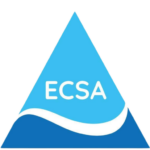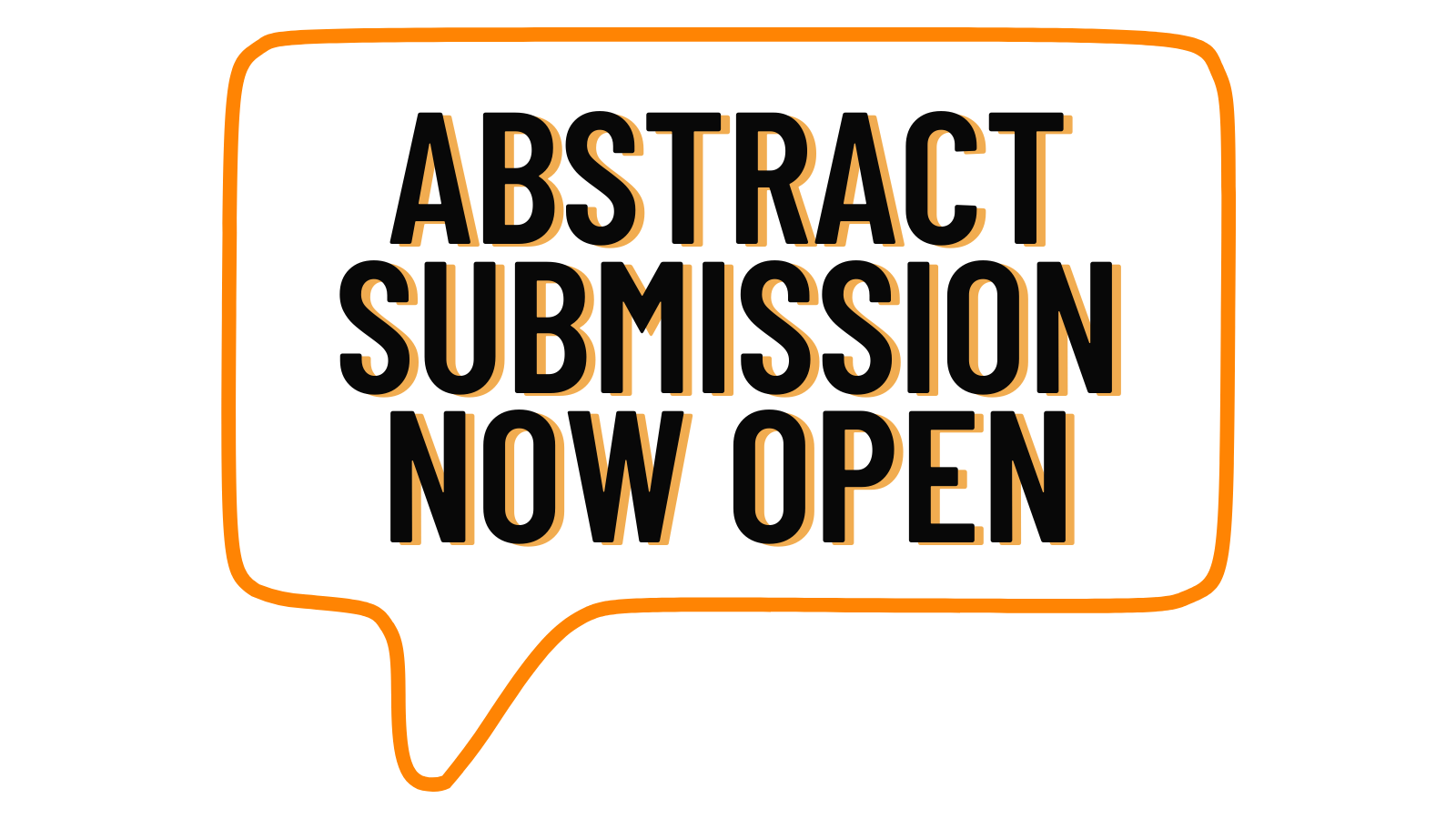ABSTRACT SUBMISSION IS NOW CLOSED. Thanks for submitting!
We are pleased to announce that the call for abstracts is now open for the ECSA Focus Meeting 2025, “Estuarine Restoration: From Theory to Practice,” taking place in Antwerp, Belgium, from 19th to 23rd May 2025. The deadline for submitting your abstracts is the 17th of February 2025, so don’t miss this deadline! This is an exceptional opportunity to share your research, insights, and practical applications in estuarine restoration with a global audience of scientists, policymakers, and practitioners.
Submission Guidelines: To submit your abstract, please provide the title of your abstract and select one of the conference topics relevant to your work.
The main topics include:
Restoring Pelagic Habitats: This session focuses on water quality, primary productivity, and the health of the pelagic ecosystem. We welcome research addressing long-term trends in water quality, primary production, and pelagic biota, as well as insights into future impacts due to climate change and the interaction between pelagic habitats and catchment inputs.
Restoring Intertidal Habitats: Many restoration efforts center on tidal marshes, and we invite studies that document both biotic and abiotic changes in these habitats over time. Papers examining structural and functional aspects, including sedimentation, carbon sequestration, and nursery functions, as well as the outcomes and lessons from benthic community restoration, are encouraged.
Planning Restoration and Defining Goals: This topic explores the complex task of setting objectives for estuarine restoration, from fixed legislative requirements to broader goals like ecosystem services. Papers on defining system drivers, establishing coherent plans, and using models to estimate restoration impacts are highly welcomed.
Dynamic Ecosystems vs. Static Regulation: Here, we examine the tension between the naturally dynamic estuarine environment and fixed conservation objectives. Contributions are invited on reconciling the dynamic changes in habitat distribution with regulatory frameworks.
Evaluation and Monitoring: Monitoring is essential to document estuarine changes. We encourage contributions that discuss the design of monitoring programs, methods for analyzing data from continuous measurements, and the evaluation of trends. Innovative approaches to synthesizing data for overall ecosystem assessment are particularly valuable.
Additionally, please indicate if you wish to present your work at the conference. Lastly, include your personal details: full name, email, and affiliation as well as the abstract itself in a maximum of 500 words!
This year’s conference will bring forward a comprehensive view of estuarine restoration, encouraging discussions on innovative restoration techniques, ecosystem services, and the impact of global changes. Submit your abstract today!
For any questions, please feel free to reach out to us.
We look forward to your contributions and to seeing you in Antwerp!


